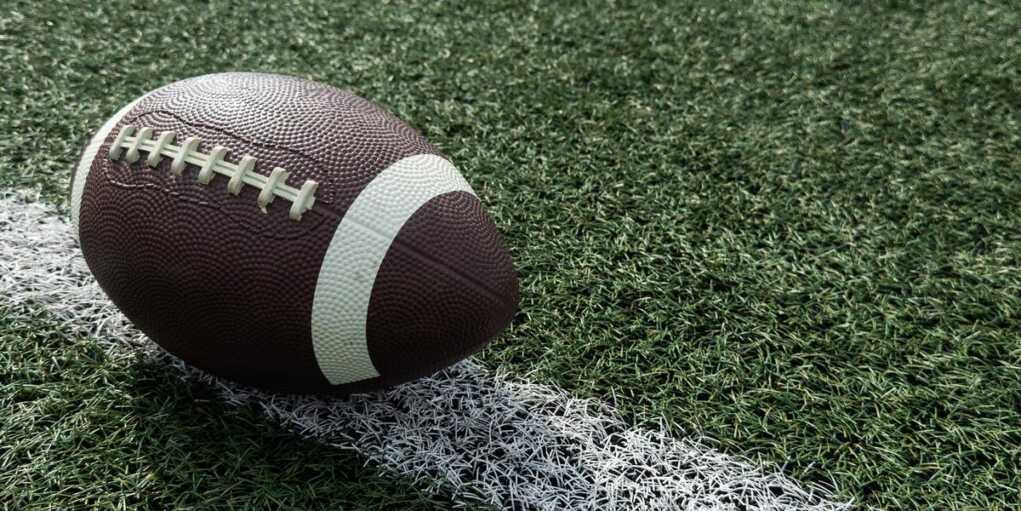NFL Turns Sidelines Into ‘Child-Friendly’ Drag Shows

The NFL’s latest “diversity, equity, and inclusion” push is turning heads — and not in a good way. This season, 12 teams will feature male cheerleaders, with some squads, like the Baltimore Ravens, loading up with nearly 20 men. While the league is touting the shift as progressive, longtime fans see something very different: an effort to slip drag-style performances into America’s most popular sport.
BlazeTV contributor Steve Kim, speaking on “Fearless with Jason Whitlock,” recalled how male cheerleaders of the past looked and acted nothing like what’s appearing today. “Back in the early ’90s, when I had Rams season tickets, male cheerleaders were there to lift the girls and catch them during stunts. They were muscular, masculine, and wore athletic gear. They weren’t prancing around or dressed in a feminine way,” Kim explained. “What we’re seeing now is completely different — men acting and dressing like women in a sexualized way — and that’s where a lot of people have a problem.”
Former NFL wide receiver and BlazeTV contributor TJ Moe didn’t mince words. “This is very flamboyant. It’s very gay. It’s openly, obviously, both of those things. Anybody with a pair of eyes can see it,” he said. Moe tied the development to the NFL’s earlier acceptance of the first openly transgender cheerleader with the Carolina Panthers, saying this is the “logical extension” of that moment.
Host Jason Whitlock agreed, saying fans shouldn’t be surprised that the NFL is forcing this on them. “The NFL, I have low expectations for it. This is a softer, more effective, child-friendly drag show — that’s all it is,” Whitlock warned. He pointed out the impact it can have on kids: “Your 8-year-old son says, ‘Daddy, who’s this gym guy, and why is he dressed like a girl?’ — it sparks conversations and puts thoughts in kids’ heads.”
Critics argue the NFL is intentionally normalizing gender-bending performances under the guise of inclusivity, using football — a sport long associated with masculinity — as the delivery vehicle. Supporters of the move claim it’s simply progress, but opponents see it as an ideological agenda being pushed in front of millions of families who tune in for the game, not social experiments.
With 12 NFL franchises adopting these DEI cheer squads, the league is signaling this isn’t a one-off stunt — it’s the new normal. But for parents raising kids in a culture already saturated with sexualized performances and blurred gender lines, the NFL’s decision raises serious questions about what messages are being piped into living rooms every Sunday.
As Whitlock and his panel made clear, the debate isn’t about whether men can cheerlead — it’s about the deliberate feminization and sexualization of male performers in a family entertainment setting. And for a growing number of fans, that’s a line the NFL just crossed.

